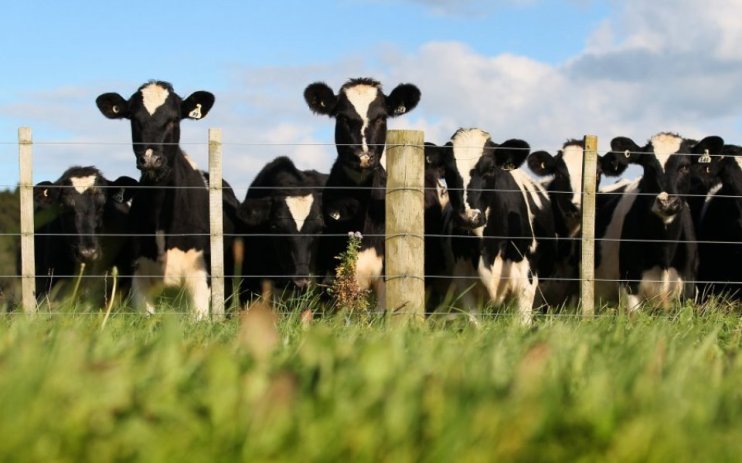Farms and our diets must embrace technological disruption

Challengers, visionaries and entrepreneurs are turning their focus to the next great technology goal, and it’s one that could save the planet and transform the lives of millions: it’s the advancements in how we source our nutrition.
At a time when there is fierce debate around how we build back better, one of the most exciting areas of innovation lies in the disruption of agriculture and food. The environmental benefits of plant-based diets have gained increasing attention, but the tech disruption doesn’t just translate into eating more vegetables. It’s also a technological revolution around how we produce and consume meat.
The statistics are staggering. Animal agriculture is now responsible for around 91 per cent of Amazon deforestation. Agriculture accounts for around 80 per cent of worldwide antibiotic consumption. Livestock accounts for around 18 per cent of worldwide greenhouse gas emissions.
While meat lovers of the world are fierce defenders of their right to consume animal protein (and regardless of where you stand on the debate, protein remains an essential food group), the impact of our growing appetite for meat is enormous and causes huge environmental damage. Despite the alternatives which are now on the market, global meat consumption is expected to grow 70 per cent by 2050.
These are staggering and worrying statistics, not least because of the environmental damage. However, emerging from laboratories and disruptive technology companies are a new range of statistics that put a very different perspective on our agricultural, food and environmental futures.
Read more: Coronavirus: Herefordshire farm locked down after 73 cases confirmed
Imagine meeting the entire world’s beef consumption from a base herd of just 150 cows, and getting back 485m acres of farmland for other uses such as leisure, rewilding, and natural carbon reduction. These are achievable goals.
The statistic around meeting the world’s supply of beef from 150 cows is a potential outcome from cultivating meat from animal stem cells. The rapid growth of protein cells, in the right conditions, can enable a 2.5 mL sample of cells to transform into 3,500kg of meat in less than 40 days.
Some in the agricultural sector will see the development of new protein and food technologies such as cultivated meats, precision fermenting, plant-based meats and even the introduction of new food sources (edible insects anyone?) as a threat to jobs. Of course it will be disruptive, but agriculture has been on a technological revolution that has produced genetic developments, and a hybrid between traditional and technologically-driven farming is creating a huge boost in yields (whether that is from meat or crops).
Read more: How vertical farming can future-proof our food supply chain to withstand crises
The transformation of the agricultural sector has been underway for decades. The technological transformation of food is just the next phase in that ongoing trajectory.
And while the UK is embarking on an anti-obesity drive, many other areas of the world are still having the opposite problem: hunger.
The technological transformation of food and agriculture has the potential to enable a significant decarbonisation and free up millions of acres of land for other uses, while meeting increasing demand for food and building higher levels of nutrition.
While all this requires us to think differently about food and our agricultural industries, it is a technological revolution that brings many benefits, and it’s one that is happening right now.
Investing into agriculture tech and biotech is a hot area, and one where the UK is a global leader. As we look to build back better, we should be willing to see food and agriculture in new ways, to try something new and to look at farming not as a traditional industry steeped in bucolic charm but as a sector that continues to transform.
The time has come to embrace the change for our health, wealth and planet.
Read more: UK ready to slash tariffs on US agricultural imports in free trade talks – report
Main image credit: Getty
